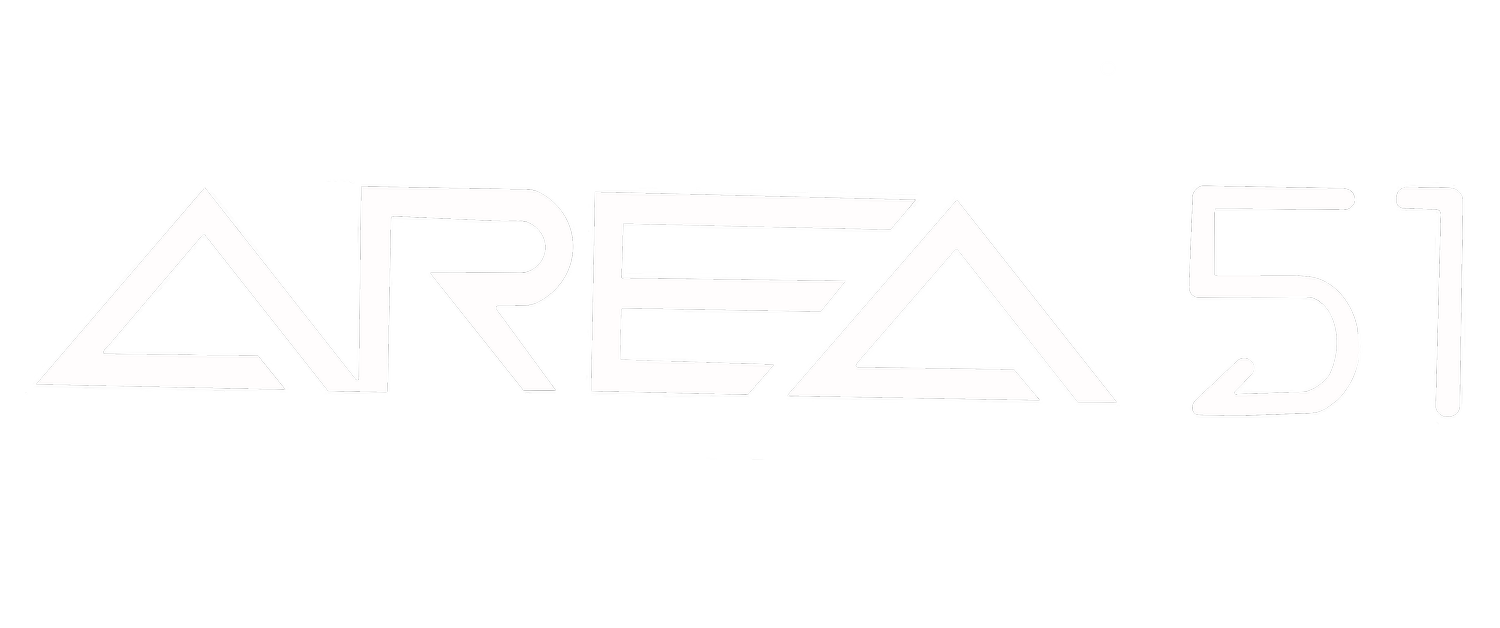
Looking After Your Piercing
We hope you love your new piercing! Now comes the important part; aftercare.
Please follow these instructions carefully to ensure a smooth healing process. Remember, a piercing may seem healed before the healing process is complete – this is because tissue heals from the outside in. Although your piercing may feel fine, the interior will remain fragile and changing your jewellery too early can cause complications. Be patient and keep cleaning throughout the entire healing period.
Body Piercing & Ear Piercing
Do NOT touch, move, twist or knock your piercing in any way, even whilst cleaning.
The more this is done, the longer it will take to heal.
Wash your hands thoroughly prior to cleaning your piercing.
Spray saline solution (salt water) directly onto your piercing. Do this only once a day. Do not use cotton buds to clean around the piercing site, This will irritate your piercing and unnecessarily move the jewellery.
We pierce with over-sized jewellery to allow for any swelling. After the swelling has gone down we recommend coming back in to see us so we can fit a shorter bar for comfort.
Oral Piercing
For the first three weeks after piercing, use alcohol & whitening free mouthwash after eating or smoking.
We pierce with a much larger bar to allow for swelling. After the swelling has settled (usually 2-4 weeks) it will be necessary to come back to the studio to have a smaller bar fitted for comfort.
After your tongue has been pierced it is quite normal to feel a little unwell, your glands can swell in your neck and your tongue can swell dramatically. Your tongue may develop a yellowish green colour on top, similar to the colour of bruising. All of these symptoms are quite normal and will begin to settle after 3-6 days. If you can take ibuprofen (ask your GP) then this may help. Ice cold drinks and soft food can also make things a little easier during the swelling period.
The Healing Process
After your piercing, you may experience some bleeding, localized swelling, tenderness and bruising. This should subside after a week or so.
During the healing process, you may experience some discolouration, itching, secretion of yellow/clear fluid that will form a crust on the jewellery (it is important you do not pick this off as it will unnecessarily irritate the piercing site). The tissue may tighten around the piercing as it heals.
Once healed, the jewellery may not move freely in the piercing; do not force it. If you fail to include cleaning your piercing as part of your daily hygiene routine, normal but smelly bodily secretions may accumulate.
Even piercings that you have had for years can shrink or completely close up in seconds. If you like your piercing and want it to remain open – keep some form of jewellery in and don’t leave it empty!
Things To Avoid
Avoid touching, twisting or playing with your piercing.
Avoid soaking your piercing for the first few days (showers are fine).
Swimming pools. hot tubs and the ocean etc should be avoided during the healing process, due to the risk of infection.
Avoid using creams, plasters or bandages over the piercing.
If you have any questions, queries or concerns, don’t hesitate to get in touch. Our team are on hand to help you take the best care of your new piercing.
